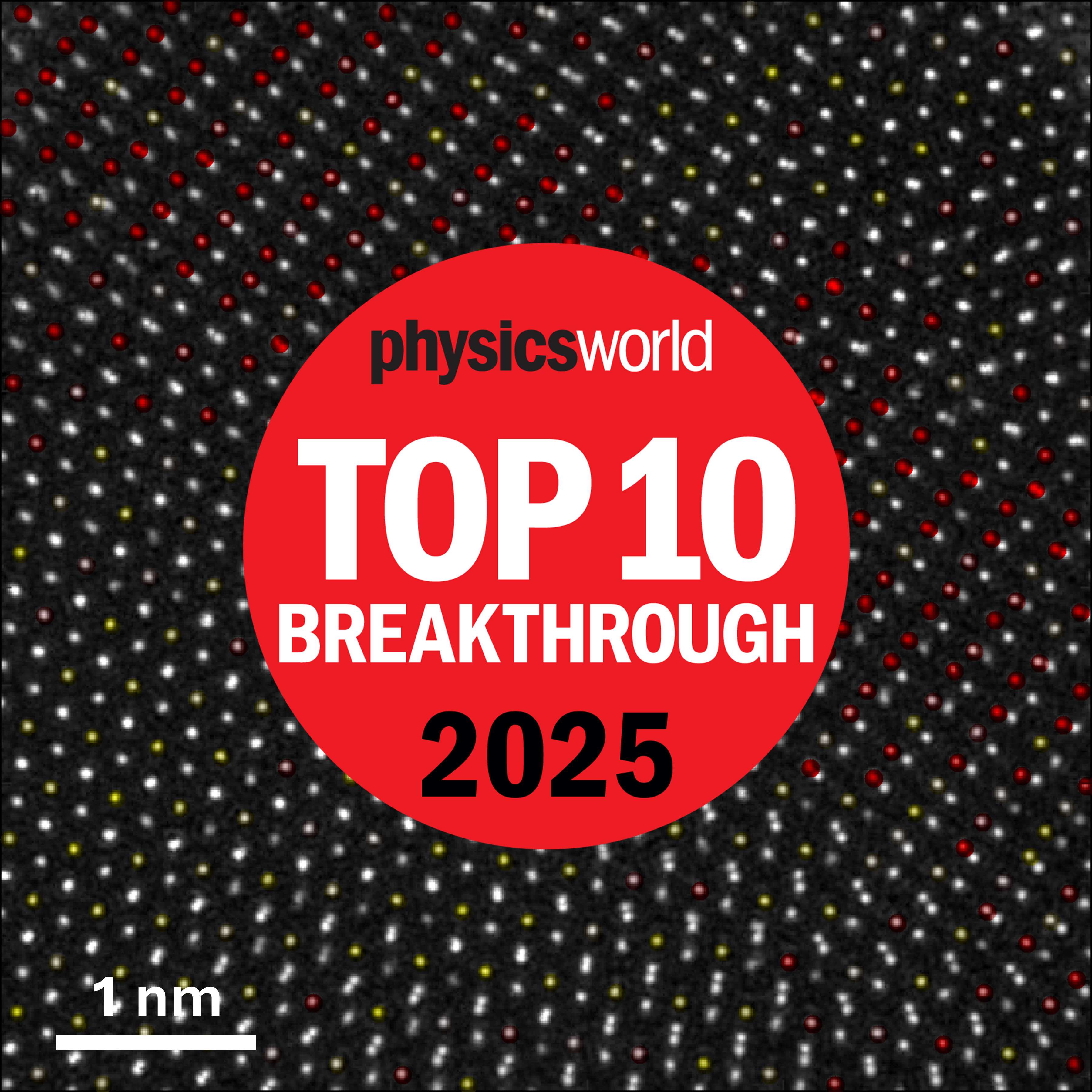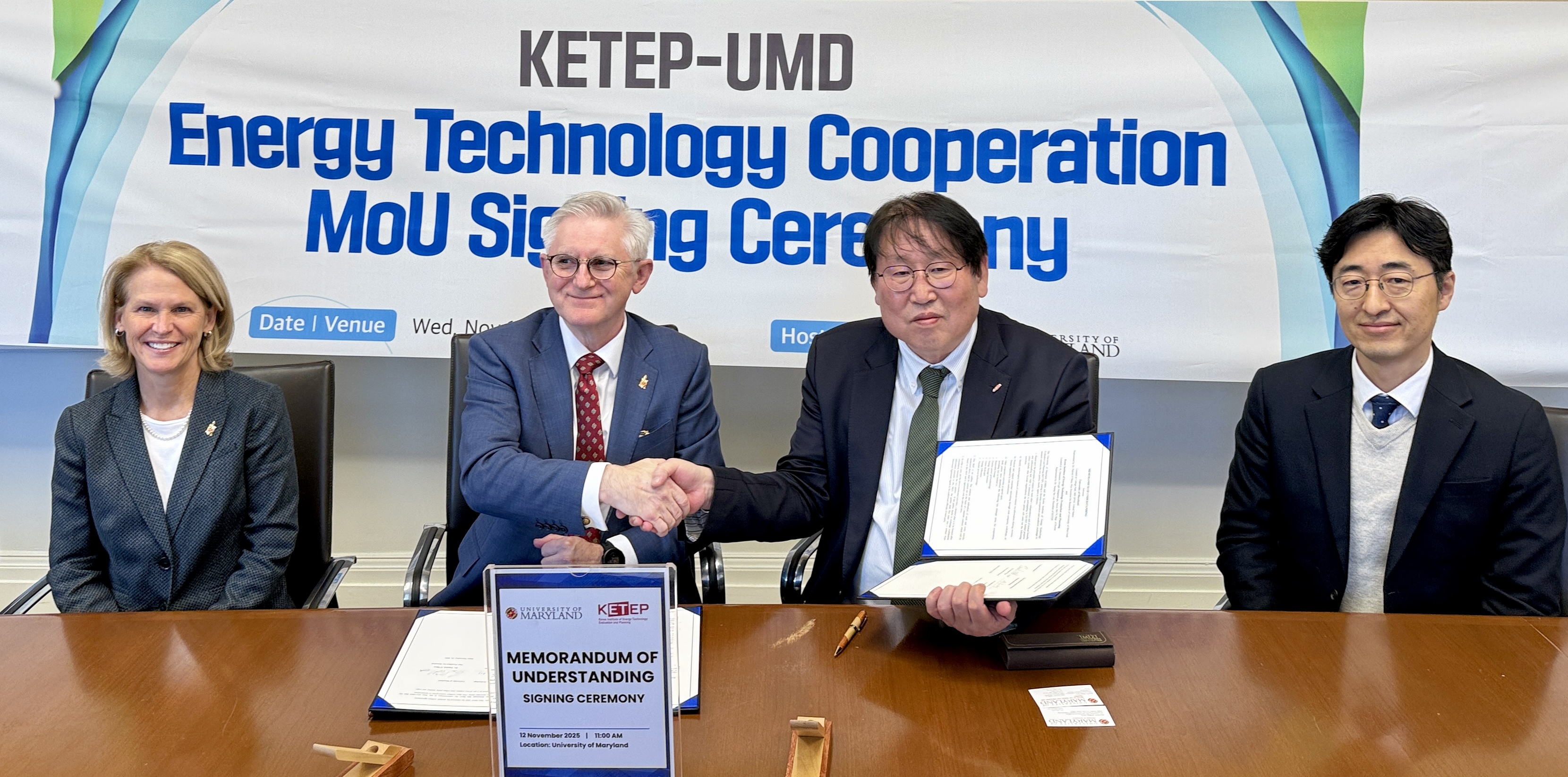News Story
Gates Foundations awards UMD project to address world sanitation problems
Dr. Wachsman, Director of UMERC and William L. Crentz Centennial Chair in Energy Research, took part in the Electrochemical Society’s (ECS) Electrochemical Energy and Water Summit in Mexico held last October 2014. His research project, “Tri-Generation of Heat, Power, and Potable Water from Waste” was awarded $50,000 under ECS’s first Science for Solving Society’s Problems Challenge. This challenge is an initiative of the Bill & Melinda Gates Foundation’s Water, Sanitation, & Hygiene program. By partnering with the ECS, the Gates Foundation is able to leverage the brainpower of the many scientists in electrochemistry and solid state science and technology who regularly attend ECS meetings to achieve novel solutions to improve sanitation throughout the world.
Over 100 researchers were guided through a brainstorming and working group session with the theme of improving access to clean water and sanitation in developing countries. This brainstorm created a roadmap for applying electrochemical processes to technical gaps in existing projects. Learn more about the roadmap.
Brandy Salmon, Ph.D., Senior Innovation Advisor from RTI International facilitated the brainstorming session. “The idea was to inspire researchers to consider the many ways electrochemistry can be applied to solve issues of global significance,” explains Salmon. “ECS provided a lab for collaboration that generated new ideas and partnerships.”
Ideas suggested ran the gamut from turning urine to hydrogen power and using microorganisms that harvest energy from marine sediments to looking at molecular slip as part of making waste pipes more efficient. The format provided a unique opportunity for researchers to generate potential solutions and then almost immediately start testing them.
Dr. Wachsman’s project will demonstrate a highly-efficient, low-cost solid oxide fuel cell (SOFC) for the co-generation of high quality heat for dewatering and drying processes, electric power and potable water using waste-produced biogas. The technology will be based on low-temperature SOFCs, optimized for heat production rather than electric power. The SOFC stack will use anodes which are both carbon and sulfur tolerant at lower temperatures to allow for thermal cycling and long-term operation without fuel contaminant induced degradation issues, such as sulfur poisoning. Deployment of the technology will be accelerated through Redox Power Systems, a company formed to commercialize Dr. Wachsman’s SOFC technology.
Published August 18, 2015








